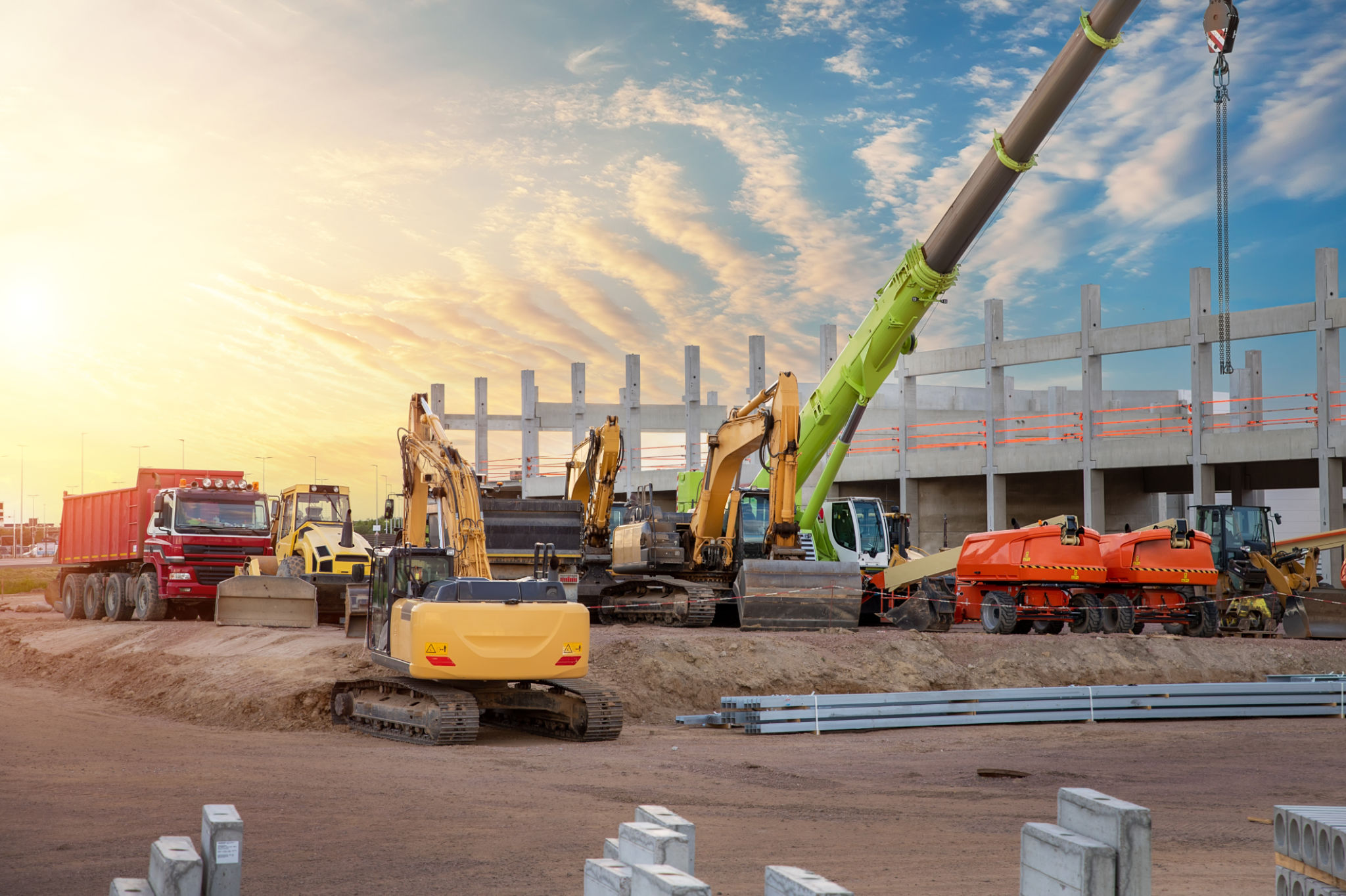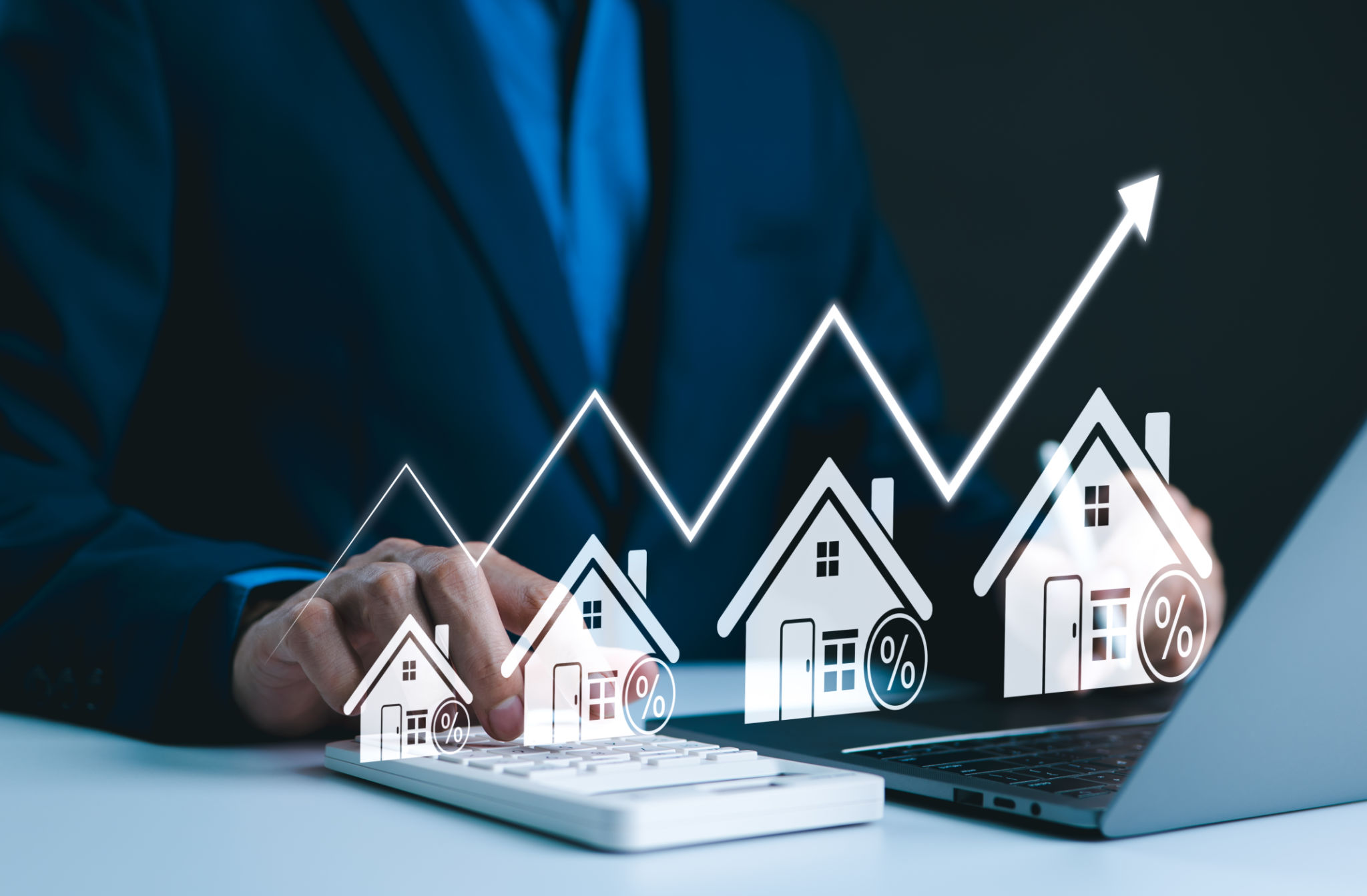Top Considerations for UK Property Development: From Planning to Execution
Understanding the Planning Permission Process
Embarking on a property development project in the UK requires a thorough understanding of the planning permission process. This is a crucial first step that can significantly impact the timeline and success of a project. The process involves submitting detailed plans to the local planning authority, which assesses whether the proposed development aligns with local and national planning policies.
It's important to be aware that obtaining planning permission can be a lengthy process, often taking several months. Engaging with planning consultants early on can help navigate potential challenges and streamline the process. Consideration of community impact and environmental factors are also critical in gaining approval.

Site Selection and Feasibility Studies
Choosing the right site is pivotal in ensuring a successful property development project. Conducting comprehensive feasibility studies helps assess the viability of a site, taking into account factors such as location, accessibility, and market demand. These studies can provide insights into potential challenges and help developers make informed decisions.
Additionally, understanding local demographics and economic trends can guide the development process, ensuring that the final product meets market needs. A well-chosen site can enhance profitability and long-term success.

Design and Architectural Considerations
Once a site is selected, design and architectural planning become the focus. Collaborating with experienced architects is essential to create designs that are both aesthetically pleasing and functional. Designs must also comply with building regulations and sustainability standards, which are increasingly important in modern developments.
Innovative design solutions can maximize space and enhance energy efficiency, contributing to both environmental sustainability and reduced operational costs. Developers should aim to balance creativity with practicality to create compelling spaces that attract buyers or tenants.

Budgeting and Financial Planning
Effective budgeting and financial planning are core components of any successful property development project. Establishing a realistic budget that covers all aspects of the project, from acquisition to construction, is vital. It's important to include contingency funds to address unexpected costs that may arise during the development process.
Securing financing can involve working with banks or private investors. A detailed business plan that outlines projected returns can be instrumental in attracting investment. Regular financial reviews throughout the project ensure adherence to the budget and allow for adjustments as needed.

Construction Management and Execution
Once all plans are in place, the construction phase begins. Effective project management is crucial during this stage to ensure that construction adheres to timelines, quality standards, and budget constraints. Hiring reputable contractors and maintaining open lines of communication can mitigate risks and ensure smooth execution.
Implementing robust health and safety measures is also essential to protect workers and comply with regulatory requirements. Regular site inspections can help identify potential issues early and keep the project on track.

Marketing and Sales Strategies
As construction nears completion, developing a strong marketing strategy is key to attracting buyers or tenants. Identifying target audiences and tailoring marketing efforts to reach them effectively can significantly boost interest in the property.
Utilizing digital marketing channels, such as social media and online property listings, alongside traditional methods like open houses, can maximize visibility. Successful marketing strategies not only highlight the property's features but also emphasize its unique selling points.

Sustainability and Future-Proofing
Incorporating sustainability into property development is increasingly important in today's market. Implementing eco-friendly building practices not only reduces environmental impact but can also offer long-term savings for occupants through energy efficiency.
Future-proofing developments by integrating smart home technologies and adaptable spaces can enhance their appeal and functionality over time. Developers who prioritize sustainability are likely to meet evolving market demands and regulatory requirements more effectively.

